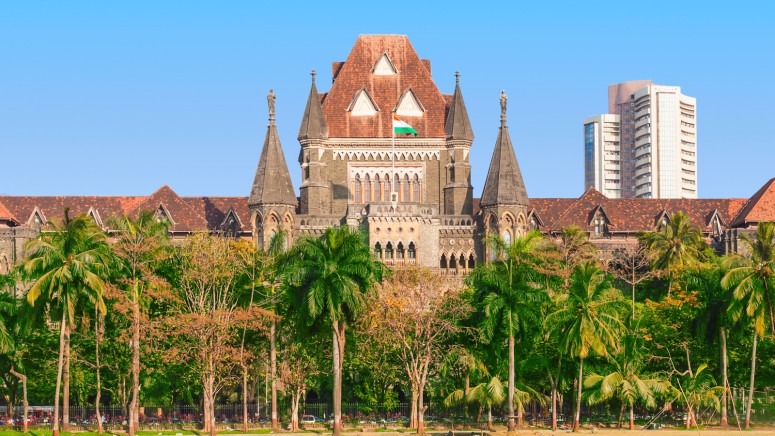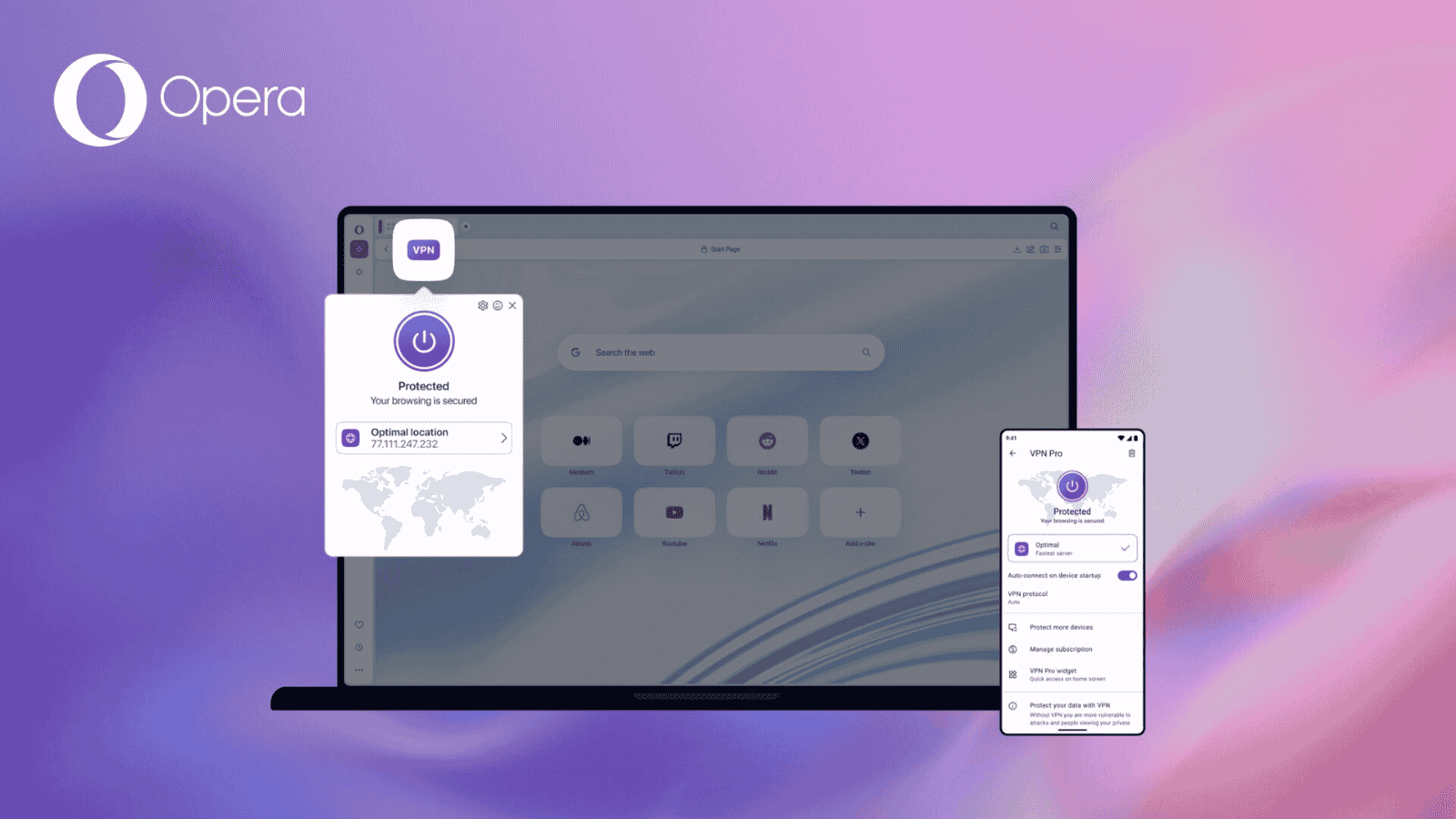
Indian Court Rules Against YouTube and Google in Copyright Infringement Case
- Indian court decides that YouTube should remove content that is blatantly copyright-infringing without DMCA notices.
- The court also awarded a small amount as compensation, but the essence lies in the ruling itself.
- The video platform is bound to appeal the decision, as they can’t operate on a proactive content takedown context.
According to India Times, the Mumbai High Court has just ruled in favor of Indian filmmaker Suneel Darshan and against Google and YouTube. The decision gives a temporary end to the eight-year-long legal battle between the two, awarding damages of Rs 50000 ($700) to the plaintiff. While the compensation may be close to a joke for a person who has put up a legal fight against the tech giant for so many years, its value is symbolic, creating a judiciary precedent that could cause great troubles to YouTube. Besides that, Darshan has stated that he plans to file another lawsuit to claim the full damages that he sustained over these years.
The Bollywood filmmaker filed the original lawsuit back in 2011, accusing YouTube of infringing his copyrights. Apparently, the man was fed up with YouTube’s inability to remove videos of films that he held the rights to, and found the Content-ID reporting system highly inadequate. YouTube argued that they cannot be held directly liable, as it is users of the platform who upload this content with them merely acting as an intermediary. Moreover, the video platform claimed that the filmmaker hasn’t actually used their DMCA reporting and takedown tools, so they never got any reports from him whatsoever.
While this hasn’t been determined with certainty, the court ruled that Google and YouTube knew that the content was copyright-protected anyway, so they shouldn’t need to wait for the reception of a DMCA takedown notice from the rightsholder. The knowledge is based on the fact that the titles of the infringing videos were very revealing. Moreover, the court accepts that the tech giant made a profit by keeping the copyright-infringing videos online, indulging in unauthorized exploitation. This is confirmed by the fact that the particular videos weren’t demonetized, but instead, the ad revenues were split between the uploaders and YouTube.
Google and YouTube pushed very hard to overturn this, as that means that the responsibility to recognize copyright-protected works and removing them immediately, even proactively is placed upon them. Of course, that is the case with the existing EU law, but to face similar grounds in India is something new for the company. All that said, Google is almost certainly going to submit an appeal to this decision, otherwise, they would soon have to change almost everything in the way they operate.
Do you agree with the Indian court verdict, or is holding YouTube liable unjust? Let us know where you stand in the comments down below, or on our socials, on Facebook and Twitter.






